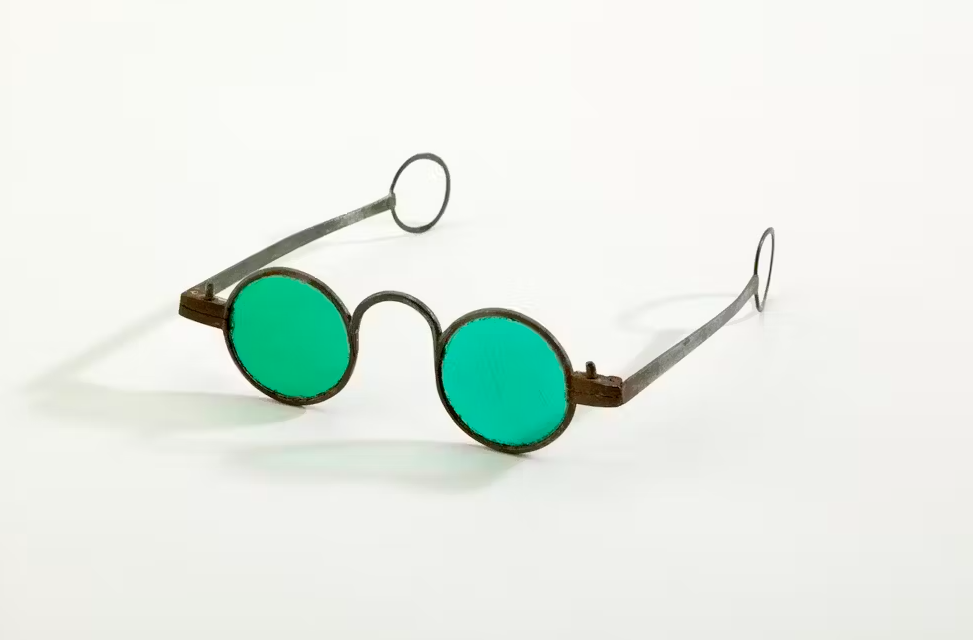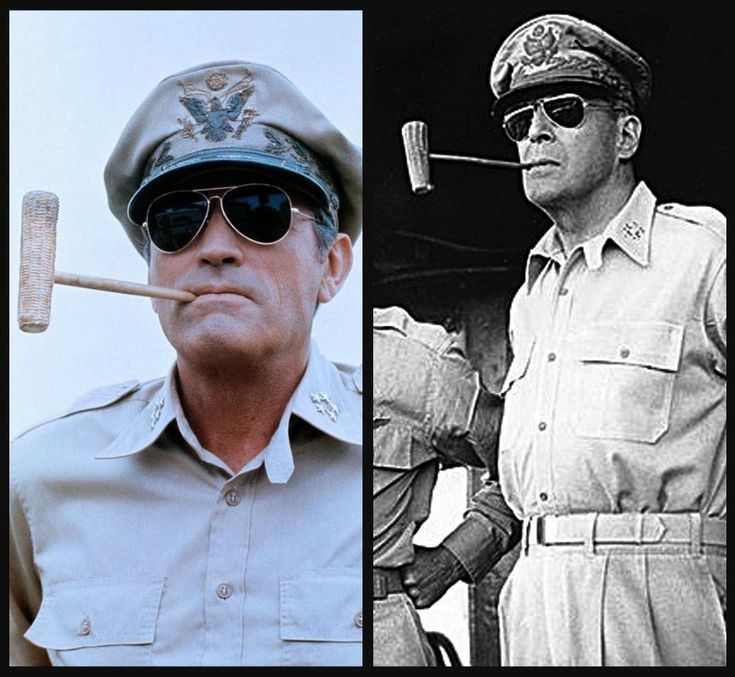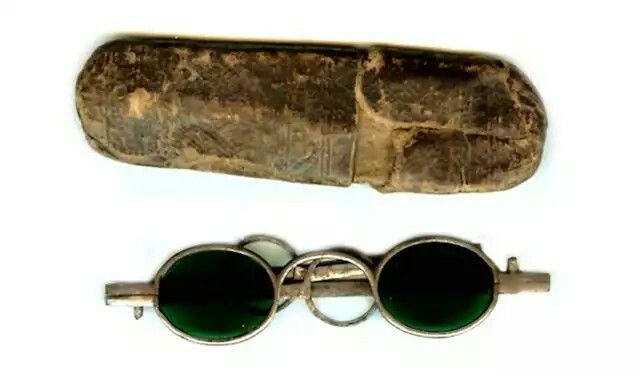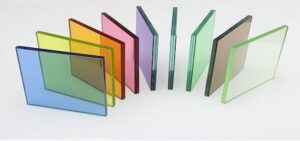A brief history of shades, from Ancient Rome to Hollywood
While shielding delicate pupils from solar intensity remains their core function, sunglasses have transcended practical use to become cultural artifacts. From Himalayan climbers’ bone-carved snow goggles to Hollywood starlets’ designer accessories, sunglasses have illuminated societal values across eras.
Ancient civilizations demonstrated remarkable ingenuity in ocular protection:
Roman chronicles describe Nero observing gladiatorial combat through polished emeralds
Arctic indigenous groups engineered slit-carved bone visors that sharpened hunters’ focus while diffusing snow glare
12th-century Chinese magistrates concealed courtroom reactions behind smoke-quartz lenses
The Venetian glassmaking revolution birthed early fashion statements when 18th-century noblewomen carried tortoiseshell-framed green lenses resembling ornate fans. These “gondola glasses” served dual purposes – practical sun barriers and status symbols gliding through canal networks.

Cinema’s dawn catalyzed eyewear’s modern transformation:
Studio floodlights necessitated tinted lenses for light-sensitive actors
Silver screen icons like Garbo weaponized shades as privacy shields against public scrutiny
Hepburn’s iconic Goldsmith frames redefined accessories as cinematic props and couture elements

Military innovation merged with style when 1939’s Ray-Ban Aviators revolutionized:
Anti-glare technology originally developed for aerial combat
General MacArthur’s wartime aesthetic fused functional eyewear with authoritative image-making
Post-war civilian adoption transformed combat gear into masculine fashion essential

Contemporary eyewear embodies multifaceted symbolism:
Streetwear staple and celebrity uniform (Jacqueline Kennedy’s oversized frames)
Power accessory (Wintour’s perpetual shades reinforcing editorial authority)
Disability identity marker (Stevie Wonder’s signature look transcending visual impairment)
From carved bone to catwalk trends, shaded lenses continue reflecting humanity’s evolving relationship with vision – both physical and metaphorical. Their journey through royal courts, battlefields, and red carpets reveals how functional objects morph into cultural touchstones, simultaneously masking and projecting our deepest identities.







